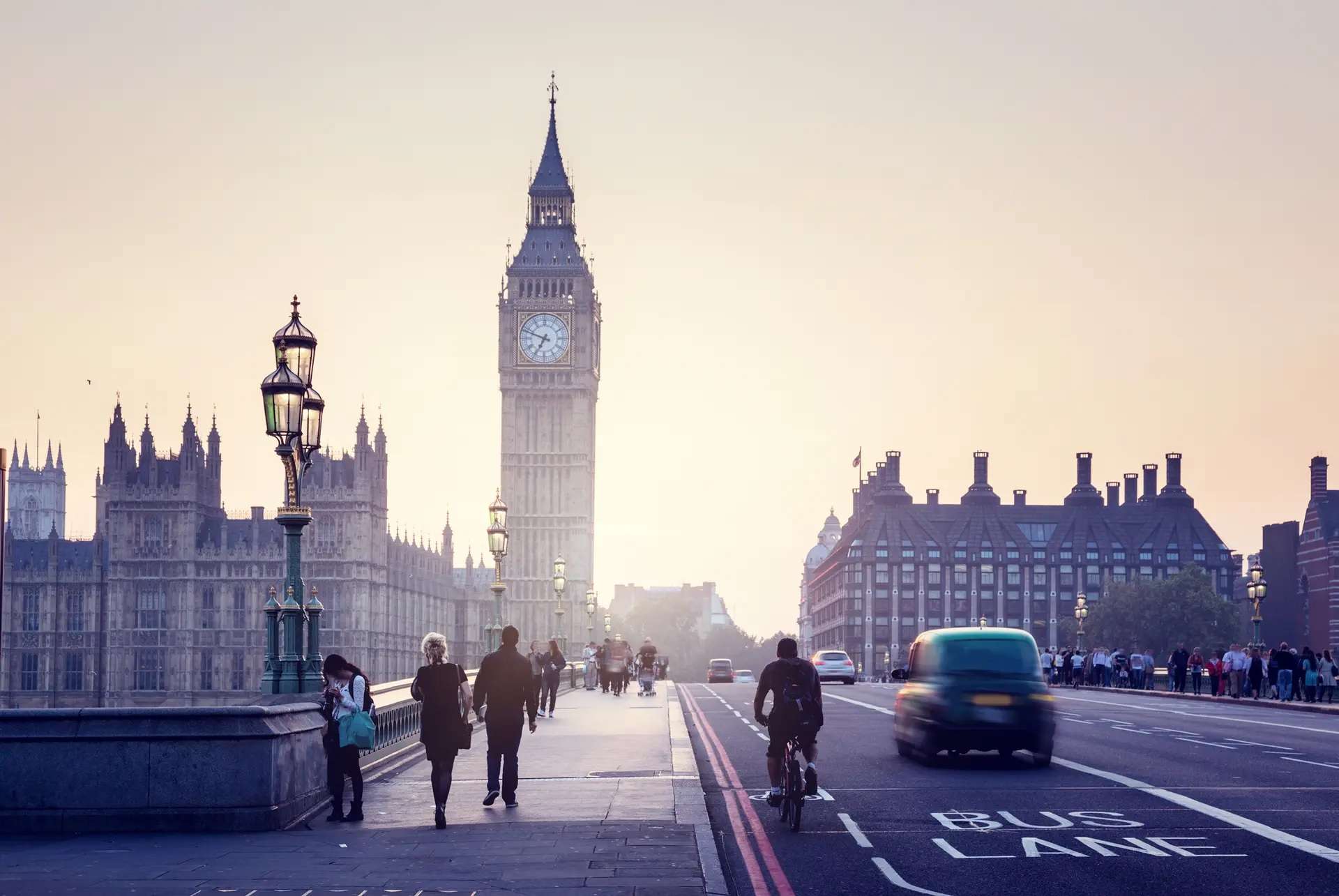UK election tax options, what will they be?
It would seem that the two dominant Parties have not been completely honest yet.

Despite what leaders might be saying, there doesn´t appear to be any short-term solution available to bring down the ever-growing tax burden. Of course, none of the Parties want to portray this image. With both large parties insisting that taxes are currently too steep, and that public spending is not sustainable.
Some of those who are knowledgeable in the field are suggesting that there may not be a low tax possibility for voters at the next UK election.
It may be their desire to follow their guidelines to a tax-cutting agenda, but will it be enough for the Conservatives to cut out other increases?
With a strong focus on proving their trustworthiness with the UK´s economy, the Labour Party may predominantly stick to Tory tax policies apart from a few smaller things. Those plans actually predict to see the tax burden rising by 2027 or 2028 to 37.7% of gross domestic product.
Both Labour and the Conservatives will surely speak about how they can remodel the economy for its prosperous future. However, it remains to be seen whether either Party will actually take any active steps towards the ease of the tax burden.
In the past, we have seen Parties debate over ways to balance tax cuts and spending in a way that will allow the economy to continue thriving. The reality now is that the next government probably won´t get to have that luxury, it will just be the case of which side can give a reform that can allow for some better choices.
Some reforms may be less popular if they need an investment upfront. The Conservative Party may have an argument that shows taxes will be lower than if Labour were to be in charge. The tactics that may be unrolled before election day may not be able to withstand for much longer after that period though.
The recent Office for Budget Responsibility´s risks report also tells that there are some serious revenue challenges to accompany the low growth rates.
Do you Need Expert Tax Advice?
What is very worrisome for the country is its incredible amount of debt and the cost of servicing that debt is also on the rise. In April alone, interest payments were a whopping £9.8 billion pounds. The UK has an aging society which means the tax burden then falls onto the shoulders of fewer people who are in employment.
Along with this, there is also the triple lock guarantee for the well-being of pensioners, neither Party will feel as though they can back out of this. Paired with the fall of revenue from fuel tax due to the increase in electric vehicles, the overall costs of decarbonisation and pledges to raise defence spending may amount to a £66 billion pound challenge before the decade is out.
In terms of what will happen in the upcoming period, cutting on spending could be an even greater risk than soaring taxes will be. There isn´t much wiggle room until growth is stable over that 2% benchmark.
Sunak´s move of freezing income tax thresholds for six years has been described by the Institute for Fiscal Studies as “the single biggest tax-raising measure since the 1970s.” Consistent and considerable growth could prove the long-term tax-cutting strategy to be a viable option. However, when you factor in cutting debt, pay rises in the public sector with reduced immigration, public infrastructure, and climate targets, among other things it may not seem like such a stable and feasible choice.
Keir Starmer’s present debate with the Labour Party over his defiance to the reversal of the two-child cap on welfare payments could be showing that he is ready to make some difficult choices, whether they are also the right choices remains to be seen.
However, not many of those in Labour believe that this is a sustainable position of power anyway, and even less of them believe that his commitment to reform is an alternative to increased spending.
Starmer recently stated that Britain needs a reform “rather than just more money” – something he didn´t state would require extra funding. Labour would have to look further for additional resources in the case of the two Parties once again pledge not to increase the rates of income tax, VAT, and national insurance. Taxes on property and investments, as well as the removal of tax reliefs at more favourable rates, are potential targets.
Come election day, voters could find the Parties both complaining of the significant tax rates but who have no active plan for how to dilute them. Labour may emphasise that reform comes at no extra cost while the Tory Party might speak about huge savings, but will they be able to deliver?
It is not known when the Parties will shed some true light on what awaits in the future in terms of taxes. Historically though, voters tend to rarely reward honesty when it comes to the talk about taxes anyway.
If you have any tax-related queries, please feel free to speak to one of our Wealth Managers.

We’ve Moved Offices on 1st August 2025!
Private Client Consultancy is excited to announce that we have moved to a brand-new office space, designed to better serve our clients and reflect our continued growth.
Effective Date: Friday, 1st August 2025
New Address: Urb Jazmin De Miraflores, C. Jazmín, 2, Mijas Costa 29649, Malaga, Spain
Our phone numbers and email addresses remain unchanged.
All in-person meetings scheduled from 1st August onwards will take place at our new location. Please update your records accordingly.
We look forward to welcoming you to our new space!
Get notified about new articles, latest changes and much more